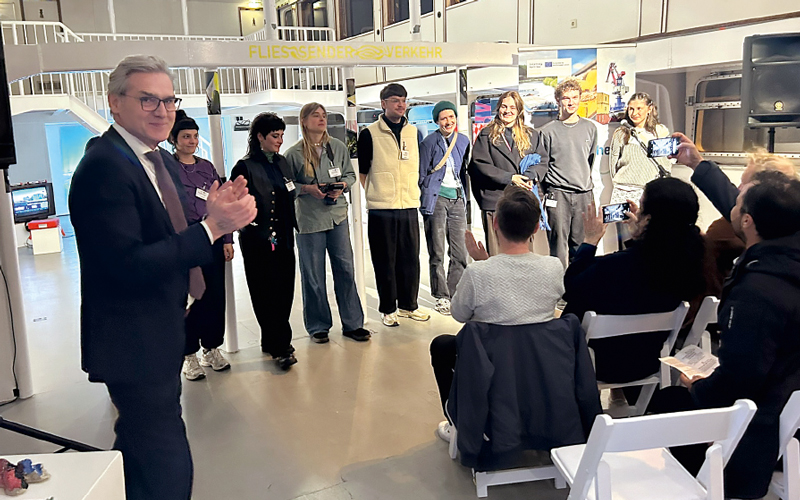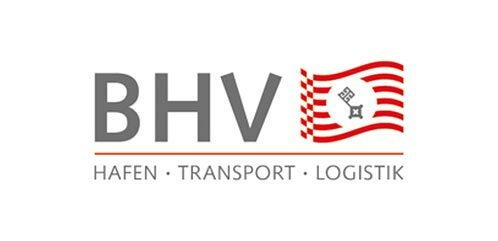BREMEN. “Innovative Waterway Transportation” (InnoWaTr) is the title of an EU-funded Interreg North Sea project dedicated to shifting more cargo from the road to inland waterways. A total of 26 partners from business and science and, for the past year or so, students from the University of the Arts (HfK) Bremen are involved in the project, which brings together experts from France, Belgium, the Netherlands, Sweden and Germany. “The idea was to expand our focus to inland waterway transport and broaden our horizons beyond ‘mere logistics’,” says Lars Stemmler, who oversees InnoWaTr on the bremenports side. One of the port management company’s responsibilities in the project is to create a sort of manual that, for example, explains how to replicate this shift of freight transport to inland waterways at other locations.
Credits: Bremenports









